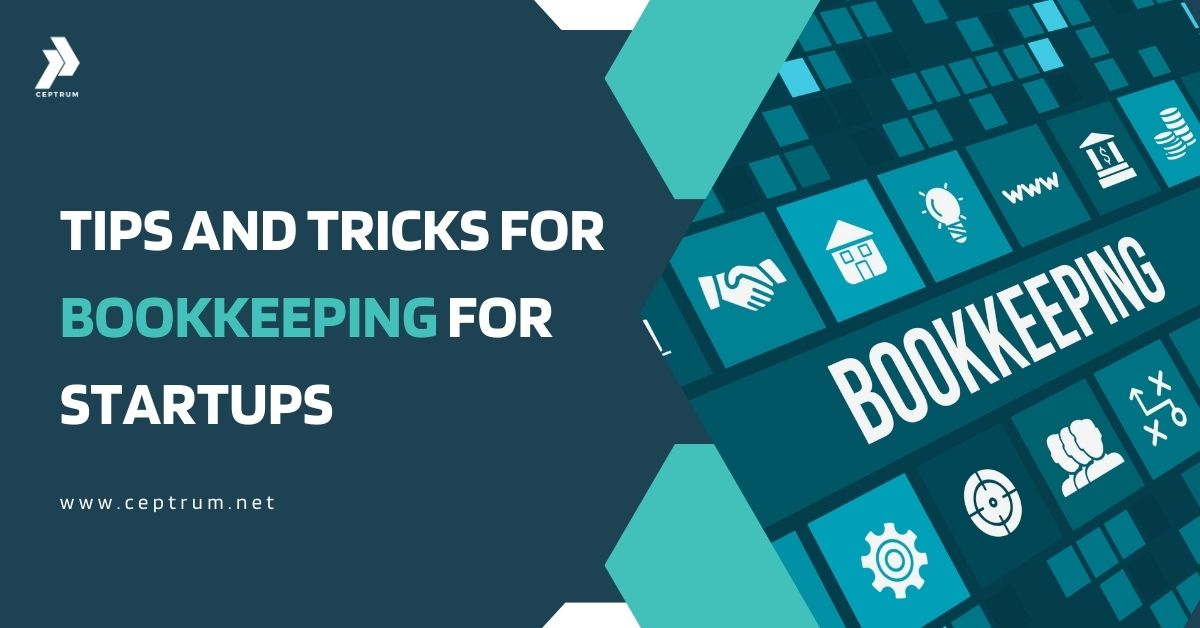Introduction
Starting a business is an exhilarating experience, but as any entrepreneur knows, it also comes with a multitude of responsibilities. One crucial aspect that can often be overlooked in the early stages is bookkeeping. Effective bookkeeping is essential for startups to stay organized, monitor their financial health, and make informed decisions. In this article, we will uncover valuable tips and tricks to simplify bookkeeping for startups.
Choose the Right Accounting Software
When it comes to bookkeeping for startups, utilizing the right accounting software is key. Gone are the days of pencil and paper or tedious spreadsheets. Opting for a reliable and user-friendly accounting software can significantly streamline your bookkeeping tasks. Look for features such as expense tracking, invoicing capabilities, bank reconciliation, and robust reporting options. Top choices in the market include QuickBooks, Xero, and FreshBooks. Evaluate the features and pricing to find the best fit for your startup’s needs and budget.
Establish a Clear Chart of Accounts
A well-defined chart of accounts is the backbone of your startup’s bookkeeping system. It provides a standardized structure for categorizing and recording your financial transactions. Each account in the chart represents a specific aspect of your business, such as revenue, expenses, assets, and liabilities. Tailor your chart of accounts to align with your startup’s unique operations and industry requirements. This will make it easier to track and analyze financial data, ensuring the accuracy and reliability of your bookkeeping records.
Track Income and Expenses Regularly
Consistent tracking of both income and expenses is vital for maintaining a healthy financial status for your startup. Keep meticulous records of all transactions, including invoices, receipts, and bank statements. Set up a routine to update your books regularly, whether it’s on a weekly or monthly basis. By doing so, you will have a clear and comprehensive overview of your startup’s financial position, making it easier to identify potential issues or opportunities.
Separate Business and Personal Finances
One common pitfall for startup founders is failing to separate their personal and business finances. To avoid potential legal and tax implications down the road, it is crucial to maintain separate bank accounts and credit cards for your startup. This clear distinction will not only simplify your bookkeeping process but also provide a more accurate representation of your business’s financial health.
Automate and Streamline Processes
As a startup owner, your time is extremely valuable. Automating and streamlining your bookkeeping processes can save you precious hours and reduce the likelihood of errors. Set up automated reminders for invoice payments and recurring expenses. Utilize features within your accounting software to automate bank reconciliations. Implementing these practices will not only make your bookkeeping more efficient but also increase the accuracy of your financial reports.
Prioritize Tax Compliance
Maintaining proper bookkeeping practices is not only important for day-to-day operations but also for tax compliance. Familiarize yourself with your local tax regulations and stay organized throughout the year. Keep track of deductible expenses, file and pay taxes on time, and consider seeking professional advice regarding any tax-related concerns. By taking these steps, you can avoid penalties and optimize tax savings for your startup.
Seek Professional Help when Needed
When it comes to complex financial matters, it is wise to seek professional help. While startups often operate on limited budgets, consulting with a qualified accountant or bookkeeper can provide invaluable insights and guidance. They can help set up your bookkeeping system, perform periodic audits, and ensure that you are following best practices. Invest in their expertise to save time, minimize errors, and gain peace of mind.
Conclusion
Bookkeeping may not be the most glamorous aspect of running a startup, but neglecting it can have severe consequences. By choosing the right accounting software, establishing a clear chart of accounts, tracking income and expenses regularly, separating business and personal finances, automating and streamlining processes, prioritizing tax compliance, and seeking professional help when needed, you can set your startup on the path to financial success. Remember, building a strong foundation in bookkeeping will not only benefit your day-to-day operations but also provide valuable insights for future growth. So, roll up your sleeves, implement these tips and tricks, and watch your startup thrive.
Read More:






